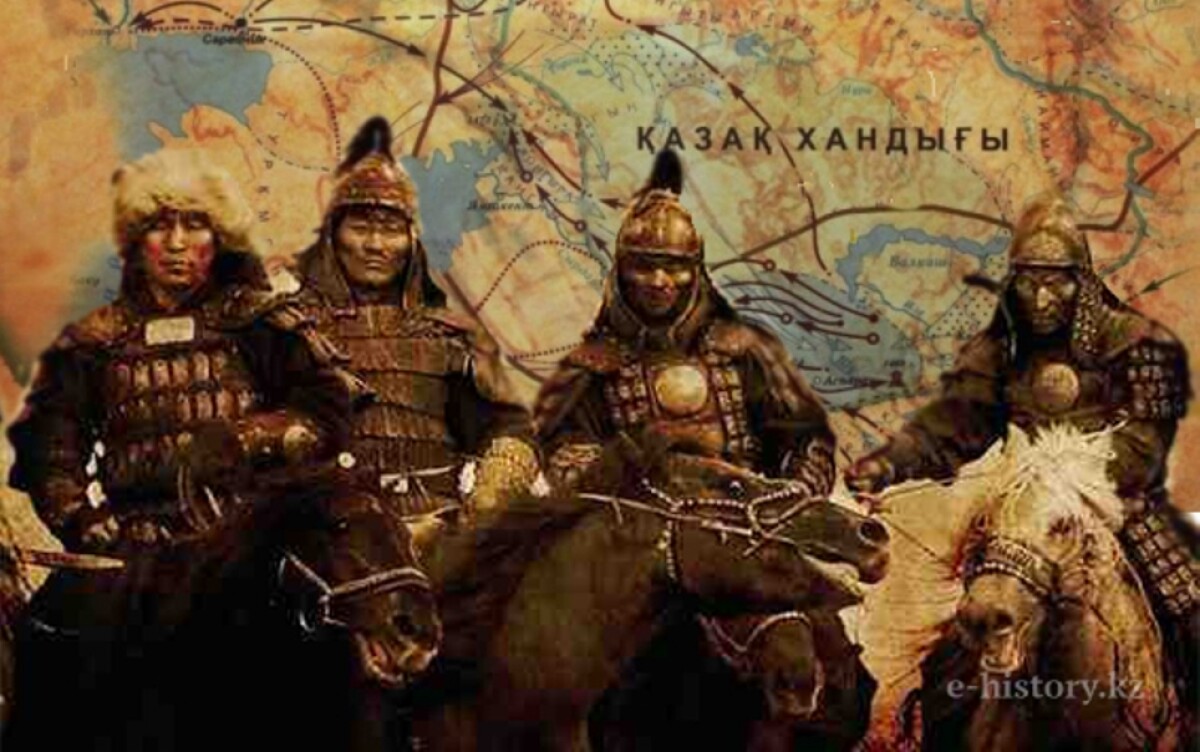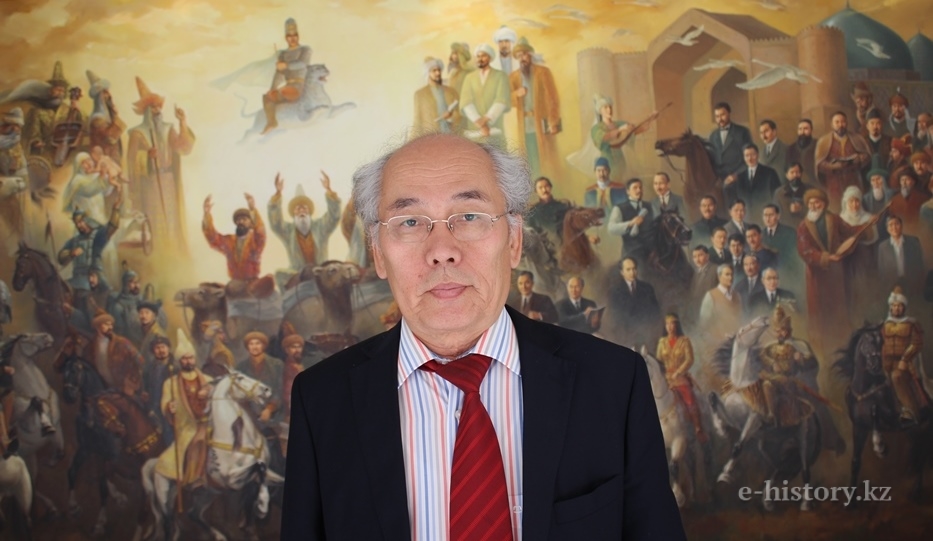
— Khangeldy, was it possible to keep Kazakh khanate during its disintegration?
— When the communistic ideology dominated in the country, accession of Kazakhstan to Russia was considered as a progressive step, but result was liquidation of Kazakh khanate. As present Kazakhstan adjoined to world powers, on the one hand — the Russian Empire, on the other hand — China, and from the third party there was England, pursuing the colonial policy. The potential of Kazakhs of the 18th century did not give the chance to exist independently as the independent state of those times.
— Could you tell us major factors and prime causes of disintegration of the Kazakh khanate?
— The main and more detailed reason of disintegration of the Kazakh khanate was that in the 18th century the European states, including the Russian Empire seized mass firearms. Today the states having the nuclear weapon take advantage same as those who had powerful firearms during those eras. They dictated their terms, i. e. ways of preservation of the Kazakh khanate were not at all. To resist to powers of those times — means to lead the people to death. We, anyway, would be a part of the Russian Empire, China or England.
In the 18th century the Russian artillery, English warships were considered as the highest achievement in scientific and technical field. Kazakhs had no such arms. We were still armed with peaks, sabers and onions, and with such arsenal it was impossible to defend independence. Accession of the Kazakh khanate to the Russian Empire is the inevitable objective course of history.
— How you understand national idea "Mangilik El"?
— What does the national idea mean? It consists of two parts: the first part — "nation", the second — "idea". The nation is a big community of the people united by language, culture and the uniform state, and the idea means dream. That is the national idea can be translated as "dream of the people". Any people dream to be eternal. There is no such nation which does not wish to be eternal. Our ancestors — ancient Turkic people also dreamed to be eternal.
— What do you think, where the national idea "Mangilik El" originates from?
— The term "Mangilik El" is used in a monument to Kultegin. In this monument there is a term "Mangilik El" which is applied in the context of the capital of the state of ancient Turkic people. The monument of the time when the ancient Turkic states — Kultegin’s states reached the highest dawn. From here we can draw conclusion, people develop the national idea during the safe and good periods of life.
We came to idea "Mangilik El" thanks to our President in 2014. This year the President declared that before the end of the century our national idea will be "Mangilik El", thereby it revived values and dreams of our ancestors. Any person dreams to be eternal, but it is impossible. Only mankind can and its country.
— What our youth should aim at to fully realize this idea?
— For this purpose it is necessary to be always competitive. Our ancestors were competitive and created in the 15th century the state. We were competitive and at the end of the 20th century got independence. Now we want our younger generation also be so and we set tasks to be among the developed 30 states of the world. This dream is realistic and feasible. In this regard we need to achieve a set of tasks and objectives. Paramount and main from them is mastering scientific and technical progress. Who will have high technologies and science — that will have advantage. Human experience already repeatedly proved that only science and technology will bring the country and people to high stages of development.
— Thank you for your time!
Miras NURANULY

